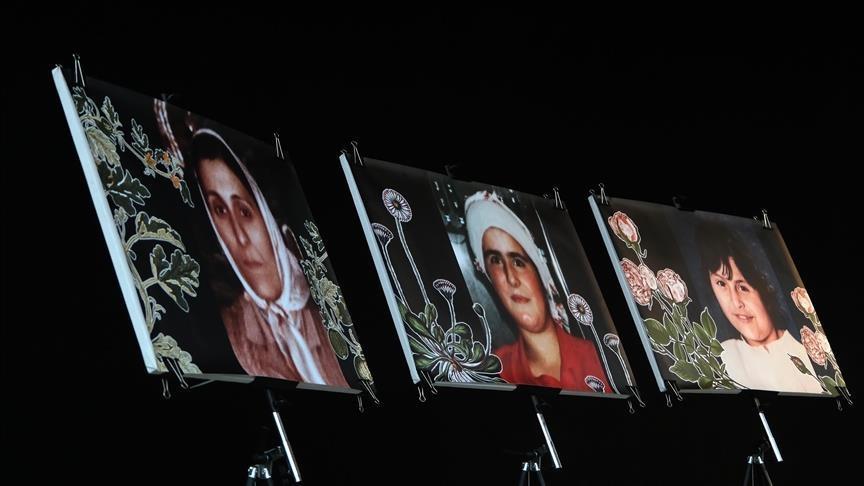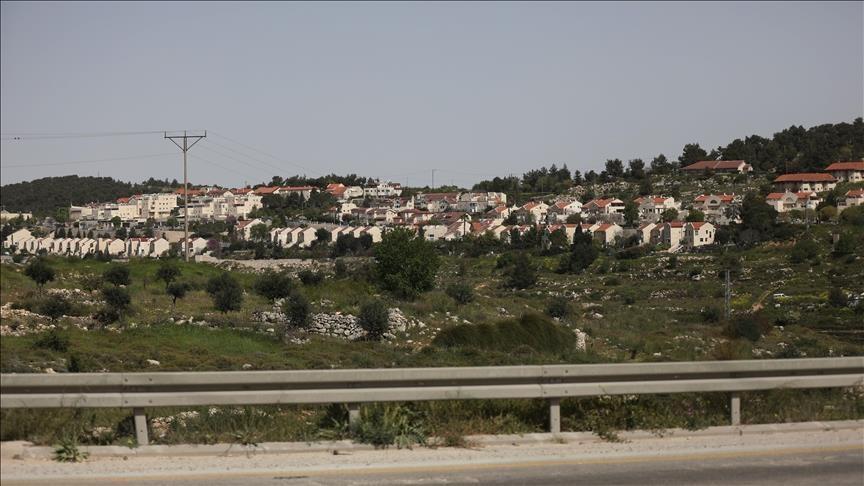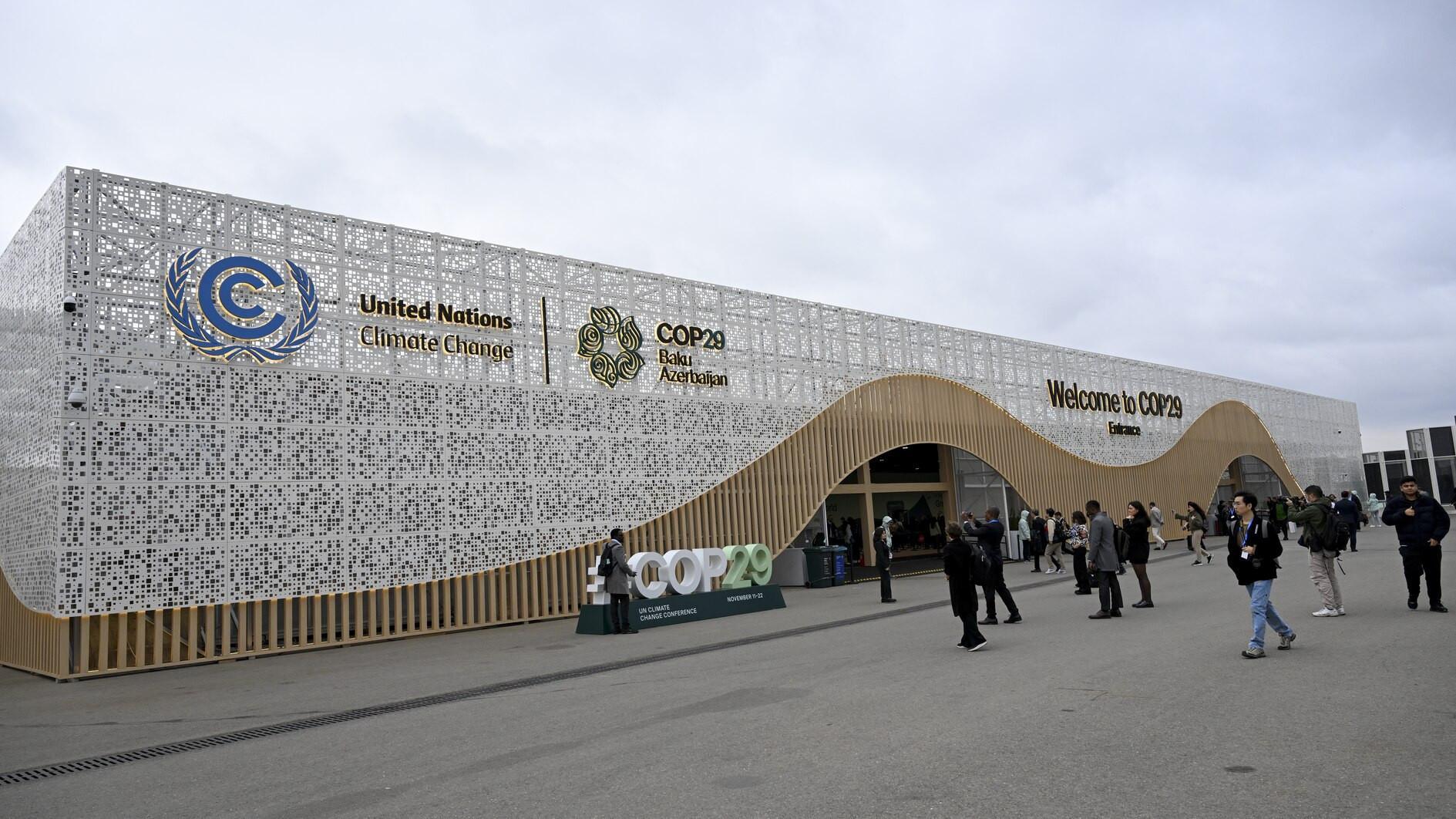Women’s political representation, then and now
Emrah Güler

Despite being Turkey's first political party, Kadınlar Halk Fırkası was not recognized officially due to the 1909 election law forbidding women from participating in politics.
Tomorrow is the 91st anniversary of the founding of the very first political party of the Turkish Republic. This party was not an advocate of broad political ideologies, nor was it necessarily conservative or progressive, but amazingly it appealed specifically for women’s rights. Kadınlar Halk Fırkası (the People’s Party of Women) was established to advocate the political and social rights of women.A single name was behind such a bold move in a country just transitioning to democracy. Nezihe Muhiddin was an Ottoman (later Turkish) women’s rights activist, journalist, and writer. However, her party, unfortunately, was a nonstarter from the moment of its initiation; indeed, it was not even officially recognized due to the 1909 election law forbidding women from participating in politics.
But Muhiddin wasn’t ready to give up. She later founded Türk Kadınlar Birliği (the Turkish Women’s Association), which continued to advocate for political equality and the inclusion of women in public life, remaining in the chair until 1927. The association nominated Muhiddin, along with famous novelist and women’s rights advocate, Halide Edip Adıvar, as members of Parliament to raise awareness on women’s participation in politics. Again, it was yet another nonstarter.
 “We Turkish women need to assert our rightful places in social and political life. First, we need to raise awareness, then we need to educate,” said Muhiddin in a speech to members of the association. “We need to show women how to want more and how to reach what they want. Our goal is establishing social, economic and political equality between women and men.”
“We Turkish women need to assert our rightful places in social and political life. First, we need to raise awareness, then we need to educate,” said Muhiddin in a speech to members of the association. “We need to show women how to want more and how to reach what they want. Our goal is establishing social, economic and political equality between women and men.”In 1927, Muhiddin made sure that the association’s statute included an article on “working toward women’s inclusion into politics, and winning them their political rights,” but this led to an immediate backlash and she was removed from the administration. But she remained a prolific woman, writing articles regularly for "Hanımlara Mahsus Gazete" (Journal for Women) under the pseudonym Zekiye, later founding the magazine "Türk Kadın Yolu" (Turkish Women’s Way) with her own money. She also wrote 20 novels and over 300 stories, plays and scripts.
‘End the Violence’ through women’s organizations
In the fifth general elections of the newly-founded Turkish Republic held in 1935, a total of 18 women were elected to Parliament, a number that was much higher than the Turkish Women’s Association had bargained for. Women later accounted for an average of 5 percent in Parliament, but this number dropped to as low as 1 percent in the four decades after the 1940s.
While Turkey had a female prime minister, Tansu Çiller, between 1993 and 1996, the representation of women in political and decision-making bodies has been relatively low. The proportion of women in the Turkish Parliament is currently only 14.3 percent, with 79 women deputies currently serving.

While an increase in political representation of women certainly presents a hopeful picture, the big picture is not always so bright. A recent draft law proposing amendments to the Turkish Penal Law on the issue of violence against women invoked the fury of 243 women’s organizations, kick-starting the "Şiddete Son Platformu" (End Violence Platform). In an official statement, the platform recently said: “We object to this draft law that will not put an end to sexual harassment and attacks, that will not protect children and women, and will not have any deterrent effect on the attackers.”
The women’s organizations under the platform strongly object to making amendments without discussions with related institutions, including other political parties and civil society organizations. They also criticized the offering of reduced sentences to defendants, suggesting that such measures did not get down to the root cause of violence against women.
“Without creating institutional mechanisms to combat sexual violence, aggravating or reducing sentences will not solve any problems,” the End Violence Platform stated. For them, the draft law is not about protection, but rather about institutionalizing conservative values and exerting pressure on sexual freedoms. So much for increasing women’s participation and representation in politics.
















